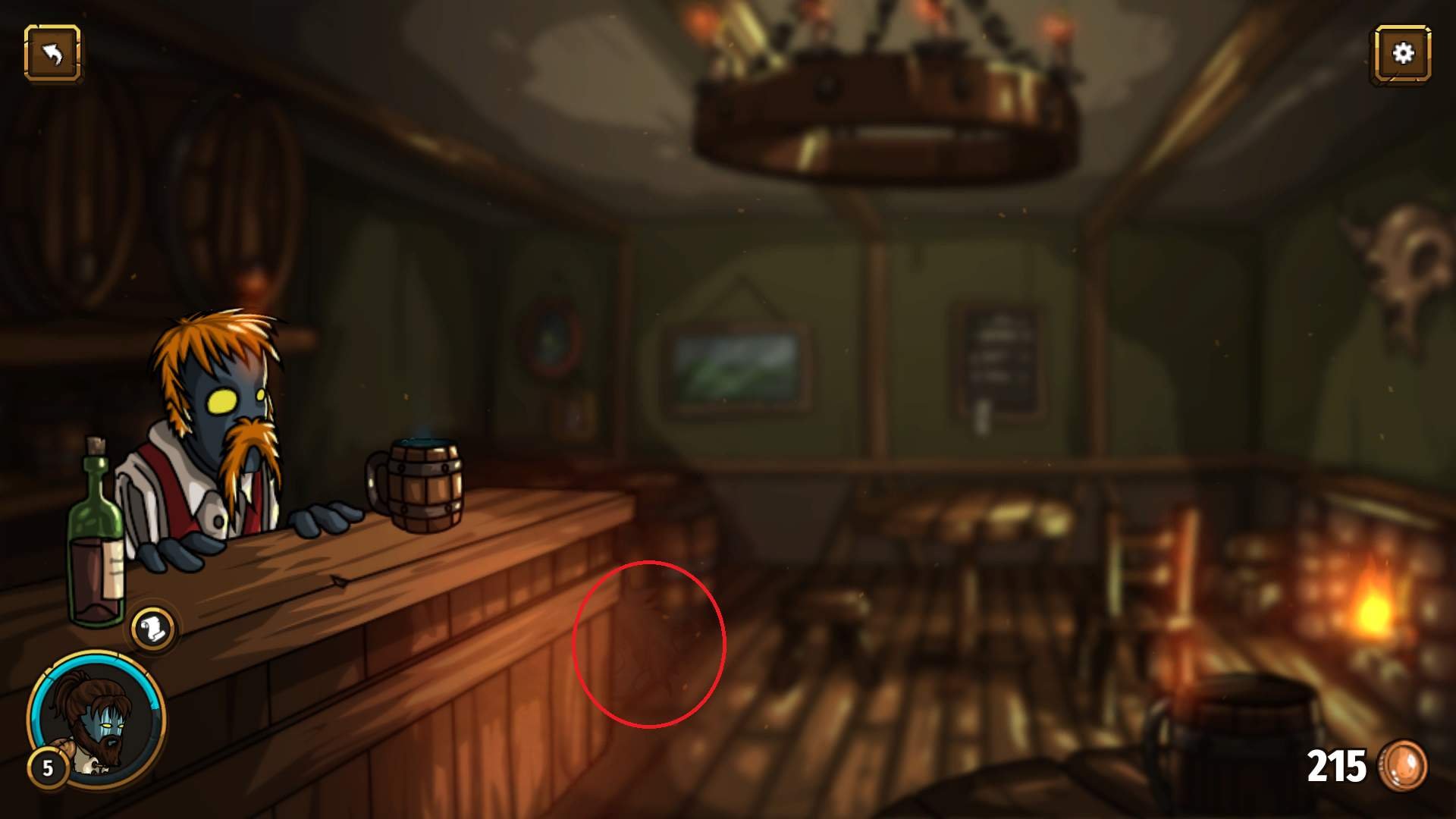

Well it's not so difficult: sometimes you will need a little patience, but nothing compared to William Morris's The wood beyond the world. But keep on reading: you will notice that the religious parts too, far from being moral lessons for the "pious" reader, are well inserted in the context, enriching the story.Īm I forgetting something? Yes, the language. Somewhere you will find christian-influenced elements and maybe you too, you will think "Oh no, another Lewis!" as I did at first. Of course, some novels in the collection are more exciting than others: I loved "In the twilight"and "The fortress Unvanquishable, save for Sacnoth" while "The Fall of Babbulkund" bored me a little. Lord Dunsany writes fantasy and he doesn't feel any shame in using elements which today fantasy(less) writers will firmly refuse: he makes talk an Earthquake and a Hurricane he makes one of his characters speak with a Whirlpool resting on the sand (!!!) he makes your spine chill with his honiric landscapes (oh my god, the dreams of Gaznak) he summons the reader in his tales. Yes, maybe fantasy was much more simple for Lord Dunsany: in no other ways I can explain his originality, the freshness of his tales, the sense of wonder he is able to move in the reader.

Nowadays I imagine this same forest crossed by a highway and its trees cut down to build a metropolis. Maybe he had heard something about William Morris and George Macdonald, and read some of their books, but even so fantasy at those times was like a virgin forest, waiting to be discovered. Maybe fantasy was much more simple for Lord Dunsany: there was no Tolkien, no Terry Brooks, no Weis-Hickman he had not to care about what other fantasy writers had written before him because there had been nearly none. Today, any writer of fantasy must deal with the pattern elves-dwarves-orcs-humans-hobbits/halflings to embrace it, deny it or parody it, at least to some extent. The professor, speaking the truth, has no fault, but he and the ones who declared the commercial success of the "tolkenian" vision of fantasy (Terry Brooks and Dungeons & Dragons above all) were a curse for this genre. Maybe fantasy was much more simple for Lord Dunsany: there was no Tolkien, no Tolkien was a curse for fantasy literature.

Tolkien was a curse for fantasy literature. A delight for lovers of fantasy, the volume will enchant readers of folk tales and science fiction as well.more Such inventive tales as "The Highwayman," "In the Twilight," "The Ghosts," "The Lord of Cities," "The Doom of La Traviata," and the title piece. Simes, perfectly reflecting Dunsany’s mood, accompany They will take you on a remarkable journey to places that sometimes seem soft and pleasant, sometimes bleak and ominous - but always surprising. The 12 stories here are some of his best. Plunkett, the eighteenth Baron Dunsany (1878-1957) produced a trove of gems of the imagination. They will take you on a remarkable journey to places that sometimes seem soft and pleasant, sometimes bleak and ominous - but always surpri An influential fantasy writer and a key figure in the Irish literary renaissance, Edward J. An influential fantasy writer and a key figure in the Irish literary renaissance, Edward J.


 0 kommentar(er)
0 kommentar(er)
